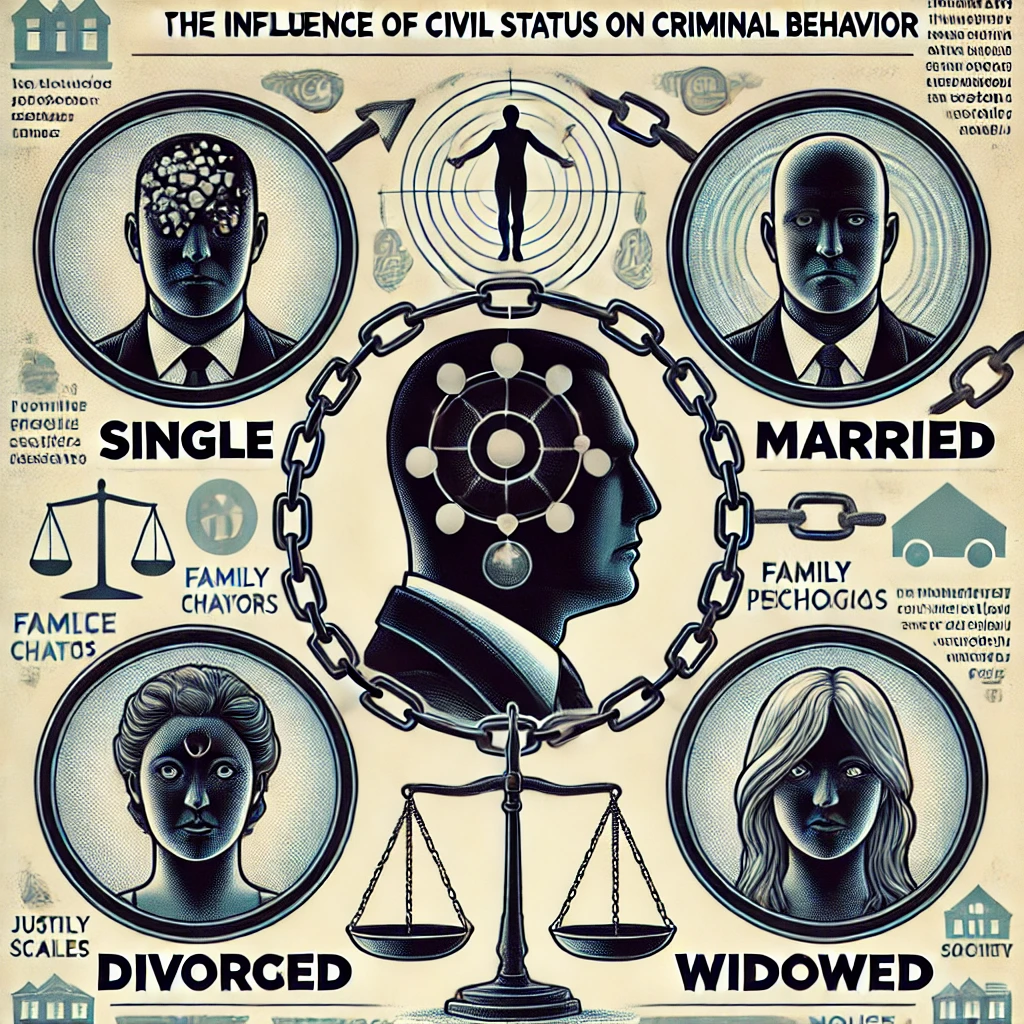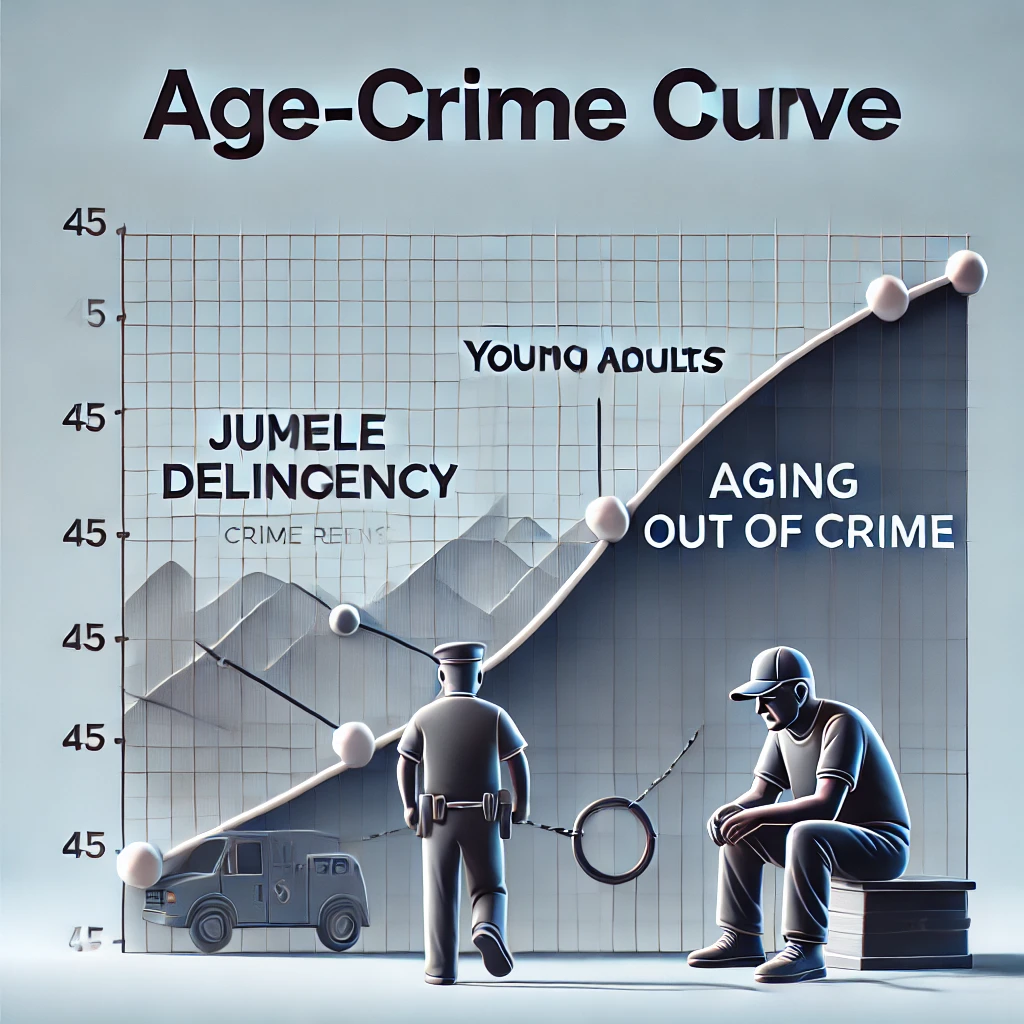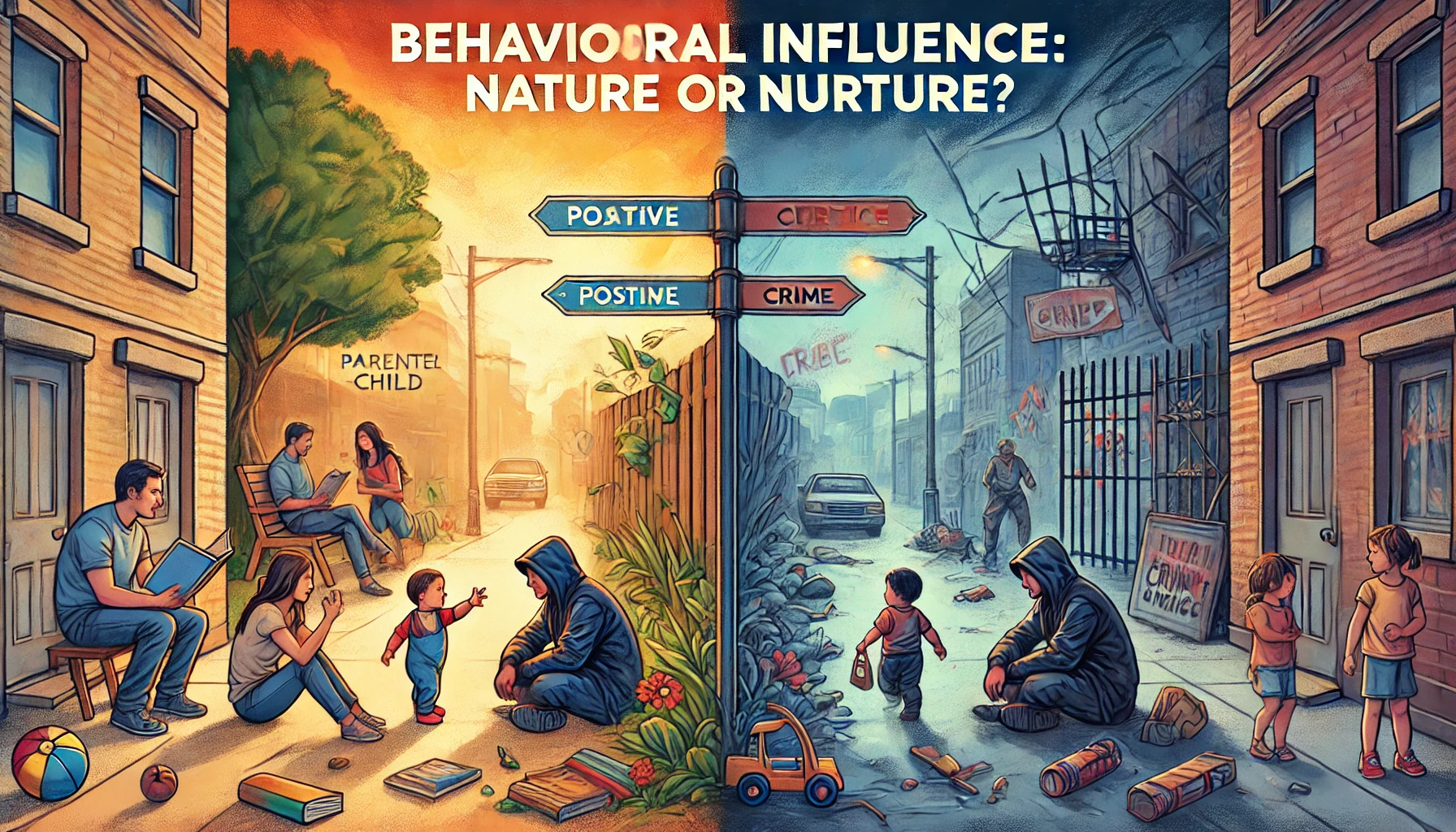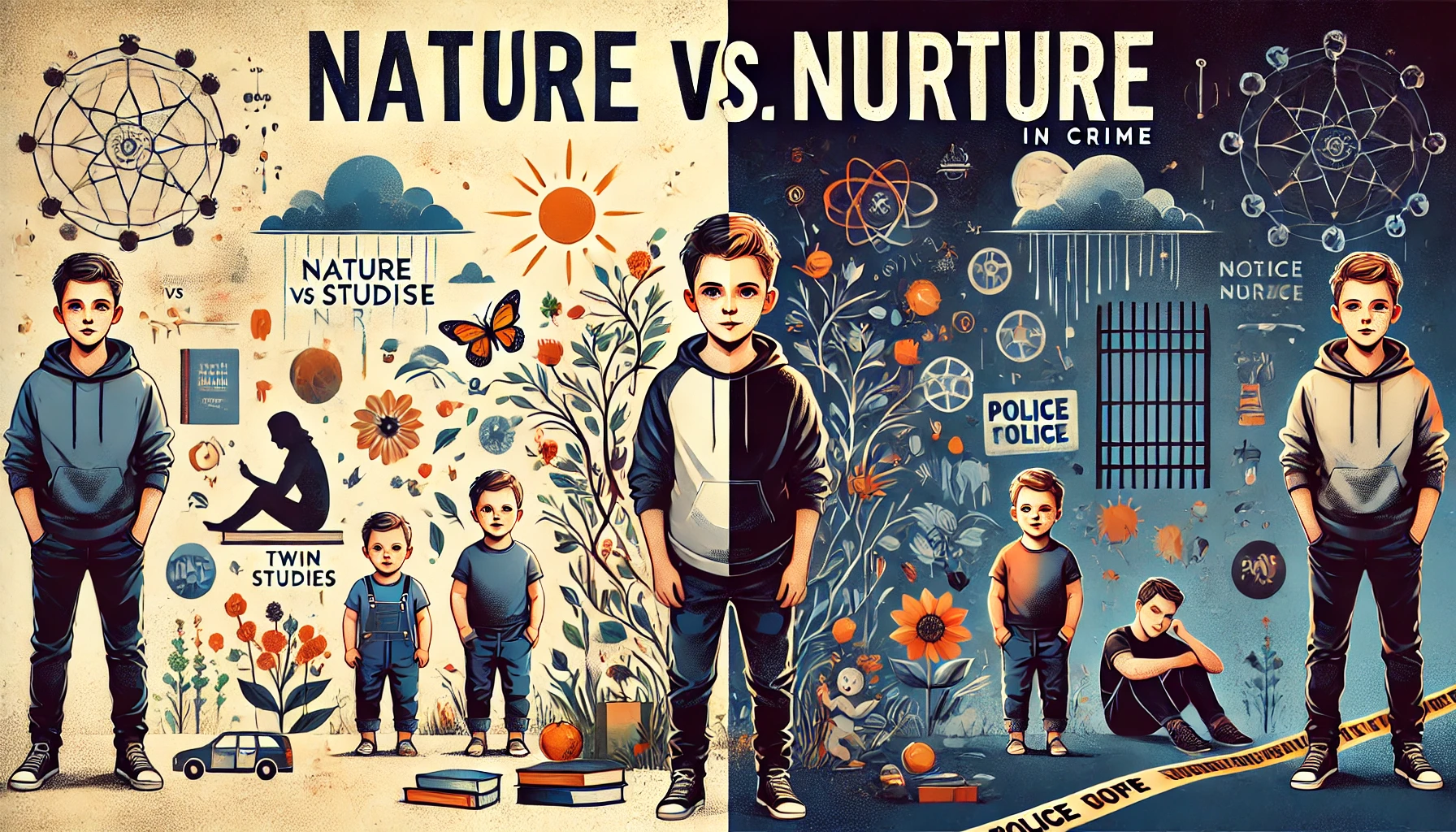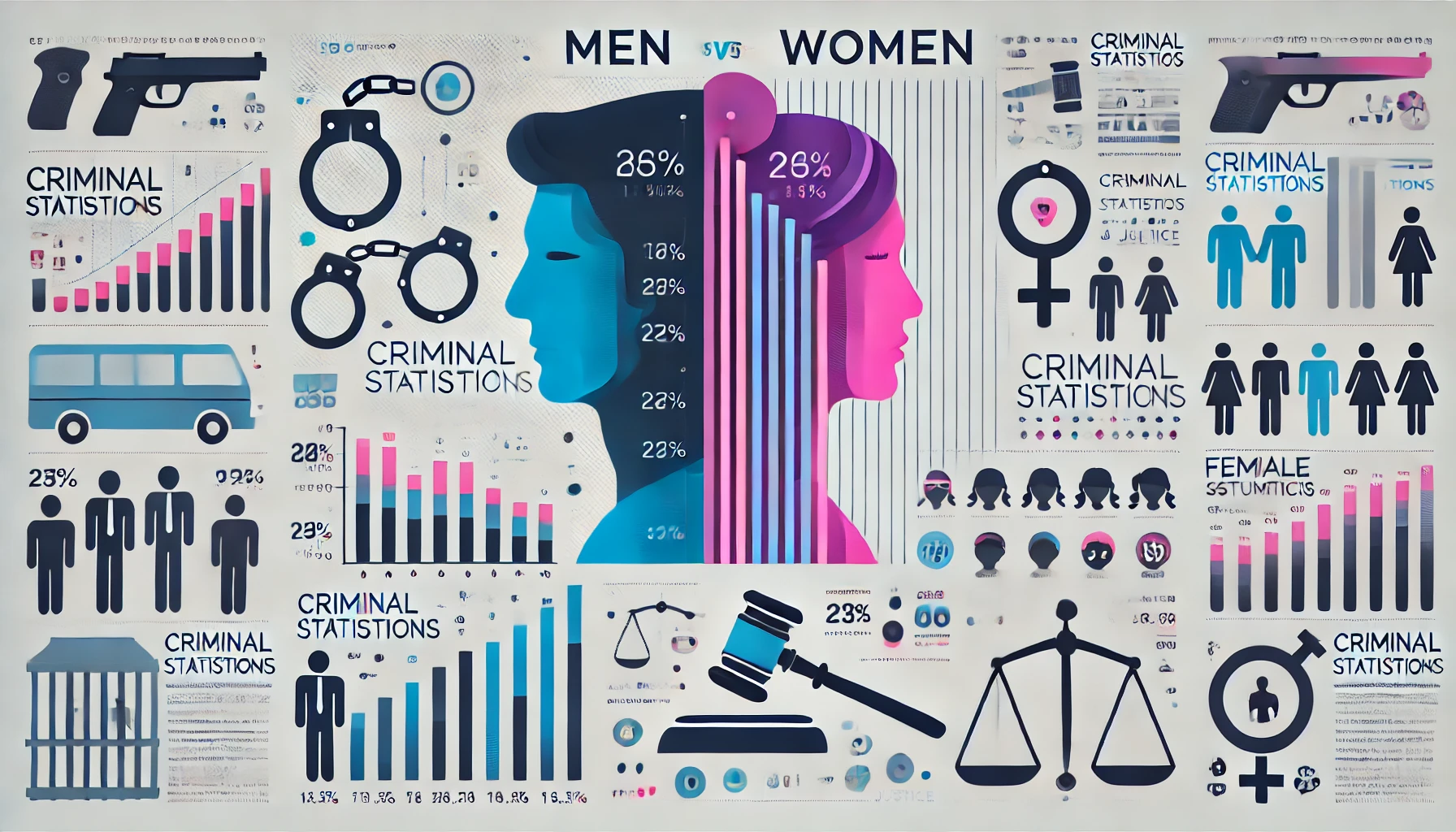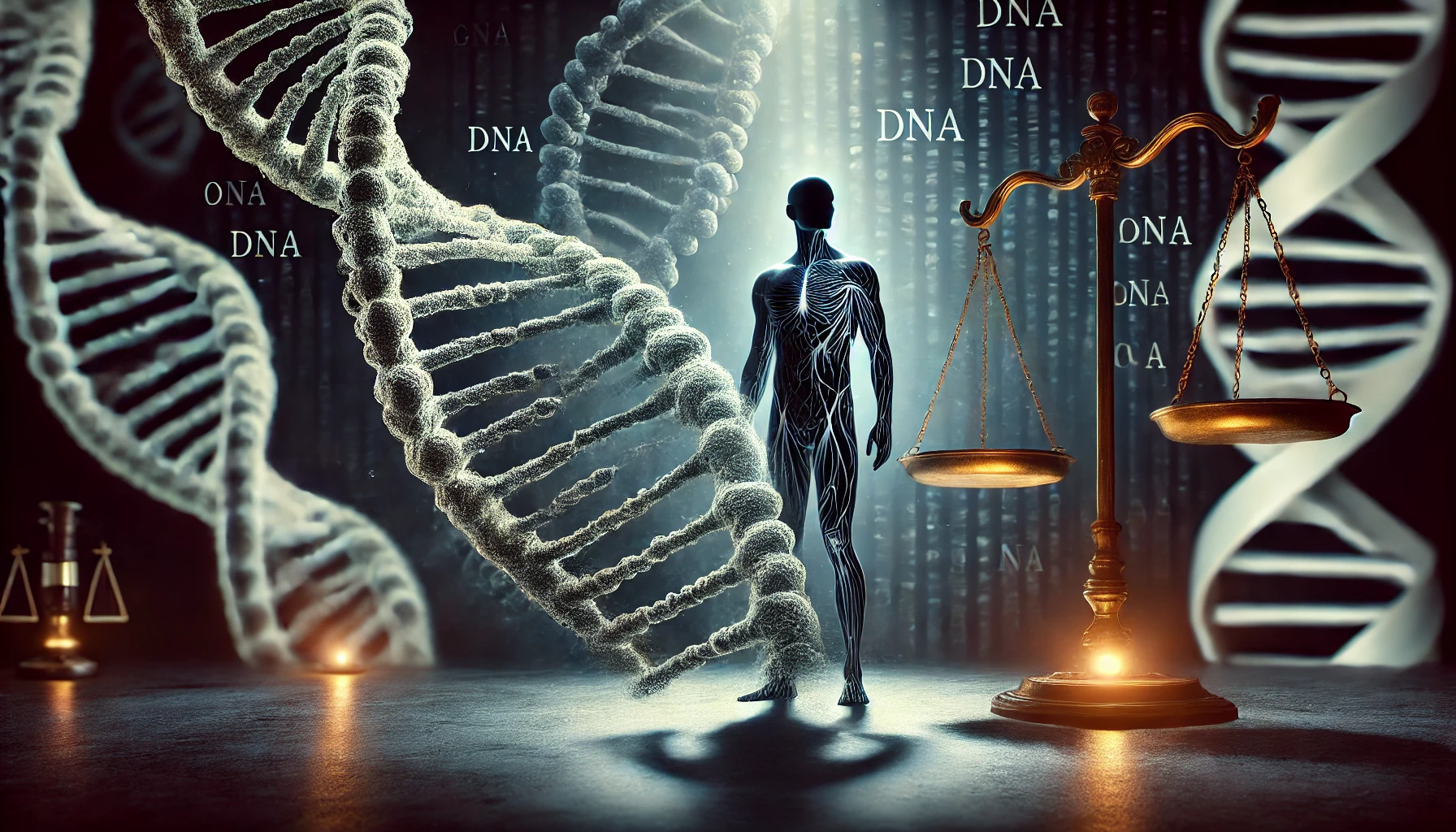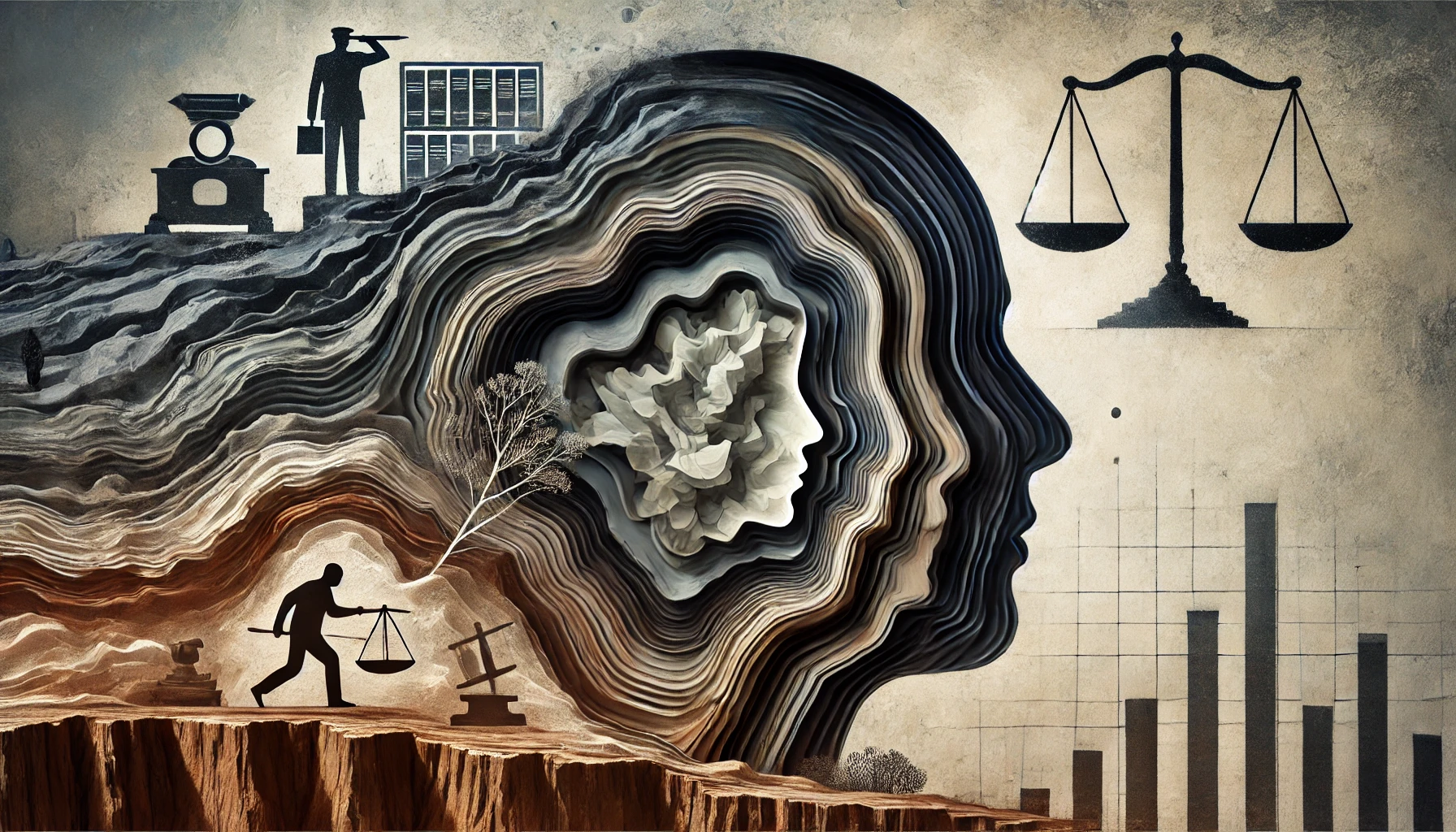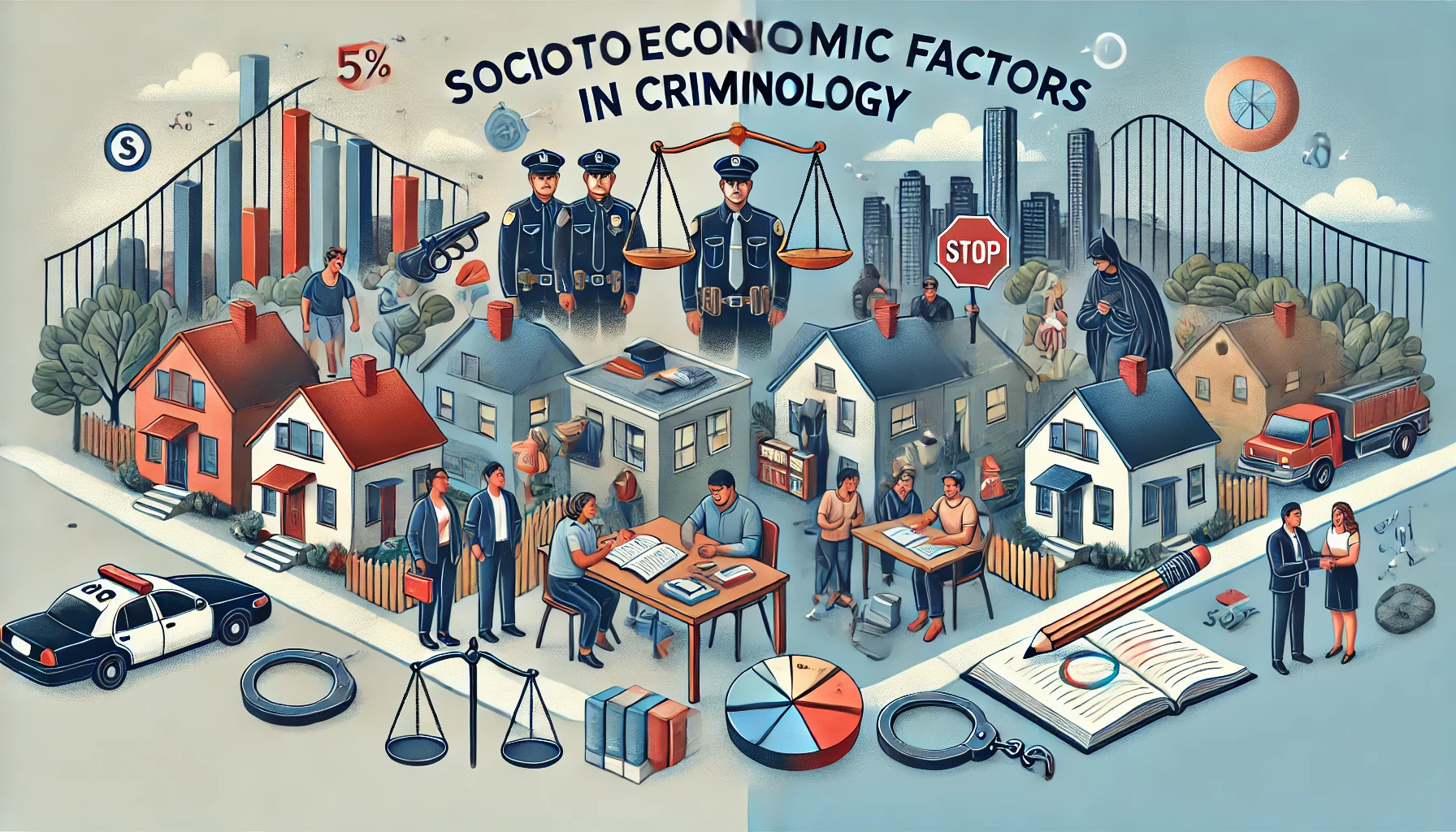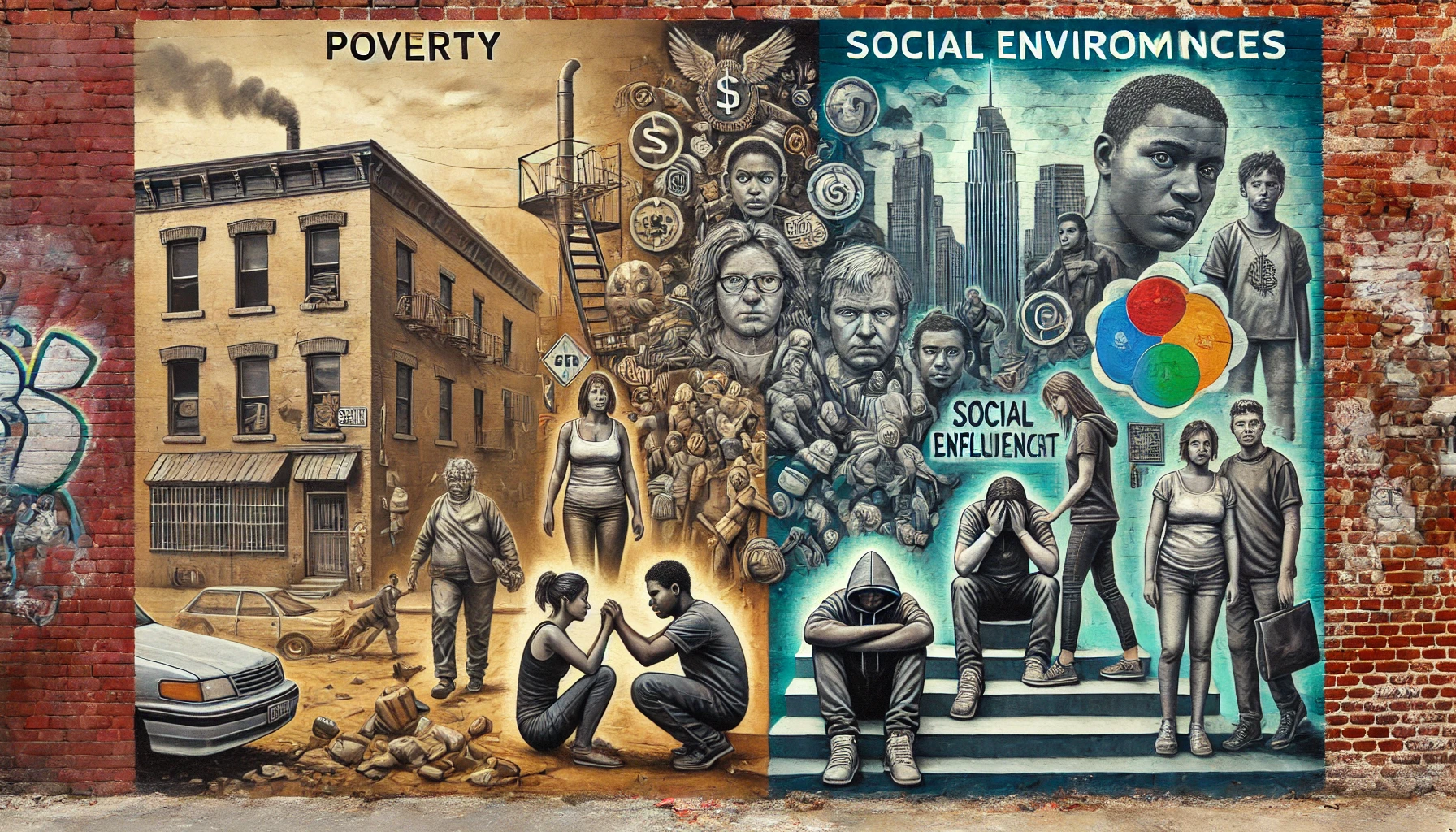The Influence of Civil Status on Criminal Behavior
Criminal behavior is a complex phenomenon influenced by a variety of social, psychological, and environmental factors. Among these, civil status—whether an individual is single, married, divorced, or widowed—plays a significant role. Understanding how civil status affects criminal tendencies can provide insights into social structures and guide policymakers in developing targeted prevention strategies. This article explores … Read more

